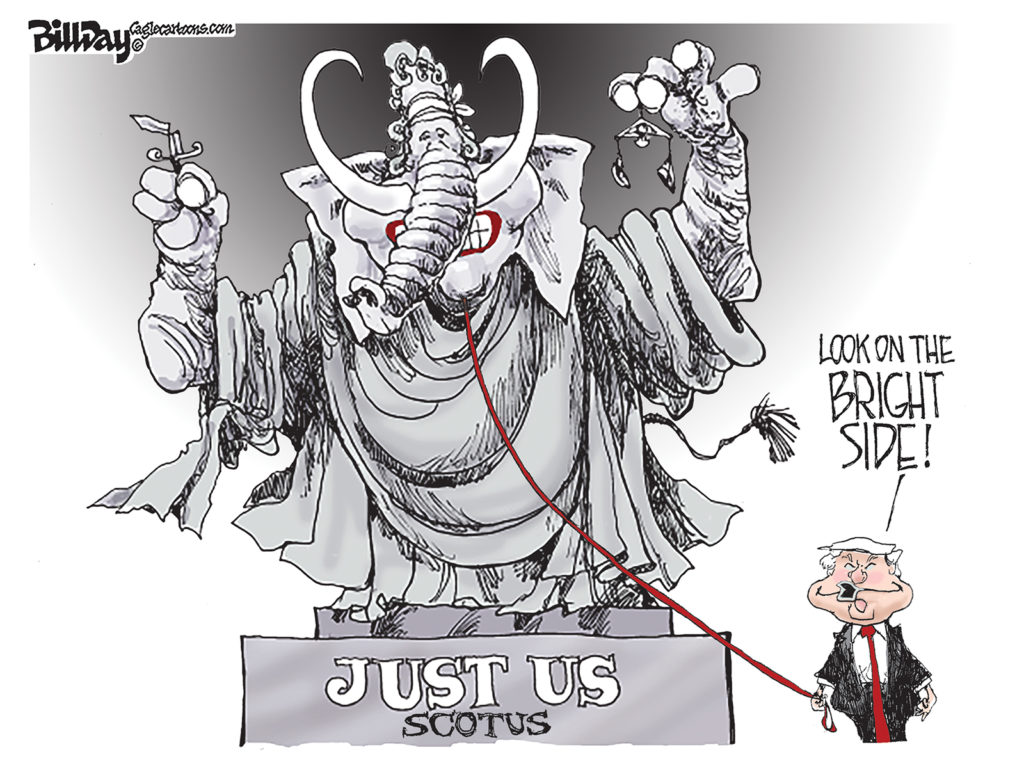From The Chronicle of Higher Education:
Students worried about landing a job after graduation might be attracted to a narrow education that focuses on building their knowledge in one area. But that isn’t enough to help them pursue successful careers, according to the Association of American Colleges and Universities.
The group released its latest survey of employers on Wednesday, and it is using the findings to bolster a new compact between college presidents and employers that advocates a broad, liberal-arts education for all.
A report on the survey findings, “It Takes More Than a Major: Employer Priorities for College Learning and Student Success,” comes to some of the same conclusions as a recent survey of employers conducted by The Chronicle. Both surveys found that a considerable share of employers don’t think colleges are doing a very good job of preparing graduates for work. Unlike The Chronicle’s survey, the association’s considers recent graduates with either two- or four-year degrees.
The AAC&U survey also shows employers’ support for the idea that students should be broadly educated and should apply their learning to the real world during college. More than half of employers indicated that recent college graduates should have “both field-specific knowledge and skills and a broad range of skills and knowledge.” (The report is based on an online survey of 318 employers conducted in January.)
Making the Case to the Public
In the compact, also released on Wednesday by AAC&U, 160 employers and 107 college presidents agreed to help the public understand the importance of a “21st-century liberal-arts education,” comprising broad and adaptive learning, personal and social responsibility, and intellectual skills.
The signatories also pledged to promote students’ access to such an education, expand opportunities for hands-on learning, document progress in students’ ability to apply their learning, and advocate for college as a path to both career success and civic responsibility.
When college presidents tout the value of a liberal education, long championed by the AAC&U, the message doesn’t necessarily get traction. The public can be skeptical of higher education’s self-advocacy, said Ronald A. Crutcher, a signer of the compact who is president of Wheaton College in Massachusetts. “We need to have some of the employers speak on our behalf to make the case to the public,” he said.
Through the compact, executives will be able to communicate to hiring managers that broad learning matters, said Mr. Crutcher, who is also co-chair of the association’s Liberal Education and America’s Promise project.
As president for Massachusetts of a gas and electric utility called National Grid, Marcy L. Reed has found that new employees must have strong collaboration, communication, and problem-solving skills.
“I have to be sure the people we hire today are fit for tomorrow,” said Ms. Reed, who signed the pledge at the invitation of David Angel, president of Clark University. Clark has retooled its curriculum to focus on both the liberal arts and “authentic engagement in the world and workplace,” and a number of its students have served internships with National Grid.
Signing on to the pledge made sense to Ms. Reed. Her own liberal-arts education is where she “learned to think,” she said. And in a world where young people communicate by text message, she said, new employees must learn somewhere the skills that will help them make a sales pitch or a presentation to a board.


